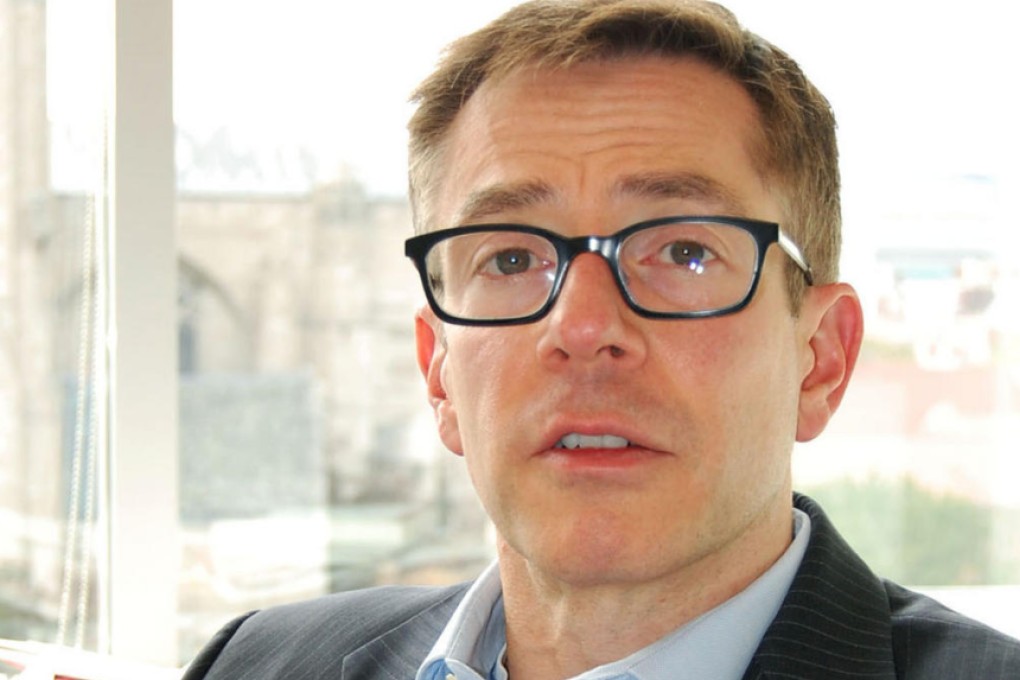'No exit strategy' in Hong Kong as rise in US interest rates looms
City regulators have few options ahead of a Fed tightening expected to cool property market

When the US Federal Reserve dropped interest rates to near zero in late 2008, it was not planning for the cost of borrowing to stay so low for so long in markets such as Hong Kong, said a former Fed governor who was part of the decision to lower rates and launch a massive bond-buying strategy.
The first uptick in US rates, which looks increasingly likely next month, will leave Hong Kong regulators scraping for exit strategies from a policy over which they have no control.
"At the end of 2008, no one thought that we would be debating in 2015 or 2016 when the first increase in rates would occur," Randall Kroszner, a member of the board of governors at the Fed at the onset of the global financial crisis, said in an interview with the South China Morning Post.
"I don't think we foresaw that the rest of the world would be coming down close to zero and be doing this for the next five to six years. That aspect was not seen then."
Kroszner resigned from the Fed in early 2009 and is now a professor at the University of Chicago's Booth School of Business.
A rise in interest rates in the United States has major implications for Hong Kong by way of the local currency's peg to the US dollar.
Rock-bottom rates have in part led to a prolonged property-market boom that has seen prices rise by 150 per cent over the past seven years. As borrowing becomes more expensive, housing purchases will cool off and prices will likely follow.